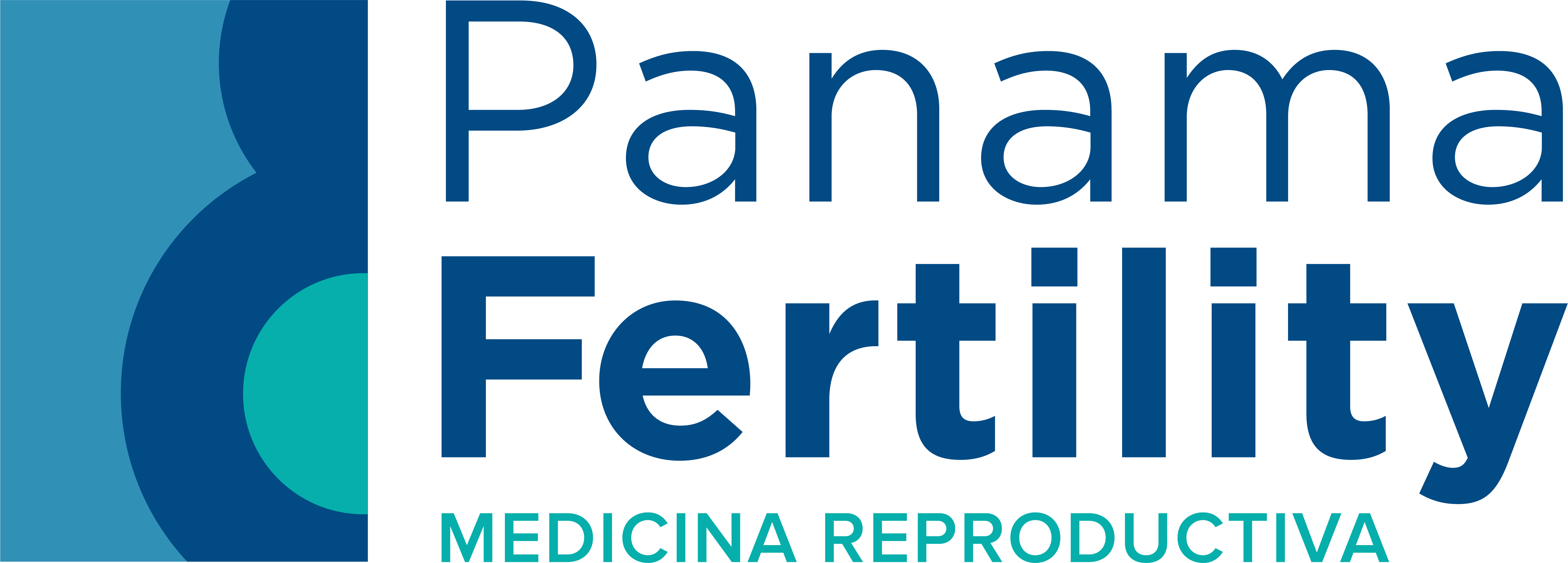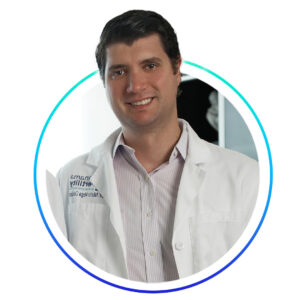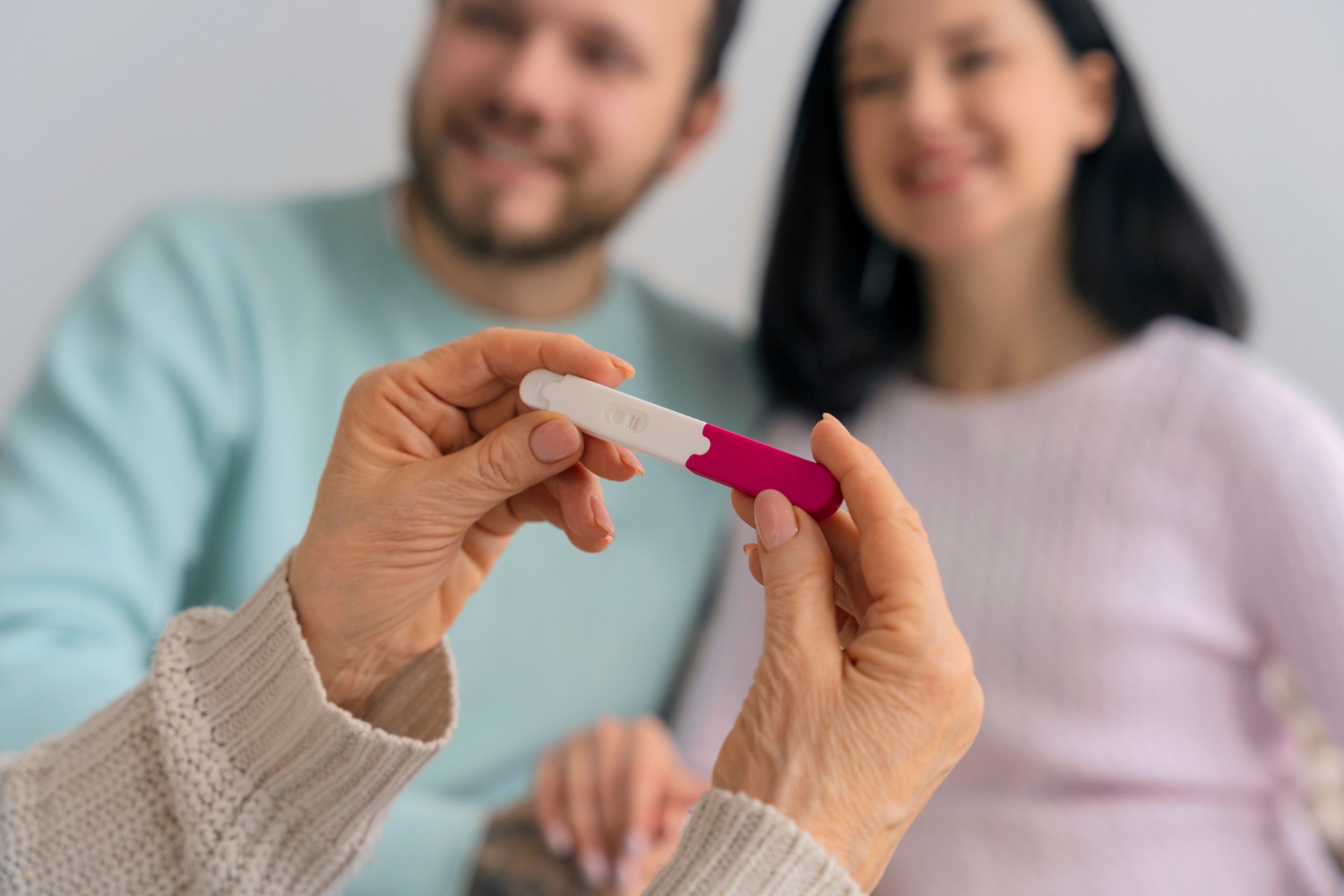Dads in waiting this Father’s Day
If you have been trying to conceive for a while, then you are now very familiar with the infertility calendar. It’s those dreaded dates where you just want to hide away from the world and let this national holiday pass you by. It seems the whole country get together to celebrate a status that isn’t yet yours to enjoy.
We have worked with infertility patients for over 30 years and from that experience we know our female patients are much more willing to talk about their fertility problems with family and friends. Sadly, men don’t feel they can talk about their fertility issues with anyone at all. In some instances, men don’t even like discussing their fertility issues with their partners!
We have worked with infertility patients for over 30 years and from that experience we know our female patients are much more willing to talk about their fertility problems with family and friends. Sadly, men don’t feel they can talk about their fertility issues with anyone at all. In some instances, men don’t even like discussing their fertility issues with their partners!
You are in safe hands
In today’s blog, we want men to know that they are in a safe space with our expert team at Panama Fertility. We understand that for you to produce a semen sample is an embarrassing procedure, but honestly please don’t feel embarrassed on our account. We do this day in and day out and that semen sample gives us a really clear picture of your fertility issues and how we can help solve them.
The majority of issues with sperm can be rectified with the correct treatment, so it is important that we make an early diagnosis of any problems with your sperm so that we can treat you and your partner effectively. Sperm is constantly replaced by the body so making changes to lifestyle can improve sperm quantity and quality over time. With our expert team of doctors, nutritionists and counsellors we will help you make the changes to improve your sperm quality.
The majority of issues with sperm can be rectified with the correct treatment, so it is important that we make an early diagnosis of any problems with your sperm so that we can treat you and your partner effectively. Sperm is constantly replaced by the body so making changes to lifestyle can improve sperm quantity and quality over time. With our expert team of doctors, nutritionists and counsellors we will help you make the changes to improve your sperm quality.
Sperm count
This counts the number of sperm contained in your semen. A normal range is between 15 million to 200 million per millilitre of semen. Anything below 15 million is considered a low sperm count. There are many factors that can make your sperm count low such as lifestyle, environment and various medical conditions that we look at below.
Morphology
This looks at the shape of your sperm and whether it is capable of penetrating an egg for fertilization. Assisted reproduction techniques such as Intracytoplasmic Sperm Injection (ICSI) can help. This is where the sperm is injected into the egg during an In Vitro Fertilization (IVF) procedure.
Motility
This refers to how well your sperm can swim to meet the egg for fertilization to occur. If the motility of your sperm can’t be improved with lifestyle changes, we can again look at ICSI as a procedure to help you conceive.
Varicocele
This is when a vein becomes enlarged in the scrotum, this condition affects about 15% of men. The scrotum is located outside the body so that the temperature is 5 degrees less than the rest of the body. The veins located here are responsible for keeping the scrotum cool and aid the flow of semen to pass through this area. If there is a varicocele then the cooling and flow of semen don’t function properly. Surgical treatment may be necessary and assisted reproduction may be an option. Our specialist fertility team will advise you on the best course of treatment.
DNA Fragmentation
This can occur through environmental factors, where your sperm DNA becomes fragmented. This can be a cause for miscarriage so we have invested in our technology to select sperm that hasn’t been impacted by DNA fragmentation for use in IVF.
Antibodies
If your sperm has antibodies then then sperm can’t stick to the egg for fertlization. This can occur if you have had a previous injury to the testes and again would be treated through ICSI.
Hormones
The most important male hormone is testosterone, this is responsible for maintaining an erection, sex drive and your overall feeling of wellbeing. The pituitary hormones can also affect your sperm count and can be treated with hormone injections.
Azoospermia
This term refers to when no sperm are found in your semen sample. It may be possible in this instance to retrieve sperm directly from the testes for us to use in IVF with ICSI. If no sperm are present in the testes then we may discuss the possibility of using donor sperm. Both recipients and donors receive counselling prior to the procedure and we have an extensive database of pre- screened donors. You would work closely with our medical team and donor coordinator to select the right donor for you.
Please don’t hide from the world this Father’s Day, instead reach out to our team who are here and ready to help you become a Father.
Please don’t hide from the world this Father’s Day, instead reach out to our team who are here and ready to help you become a Father.



